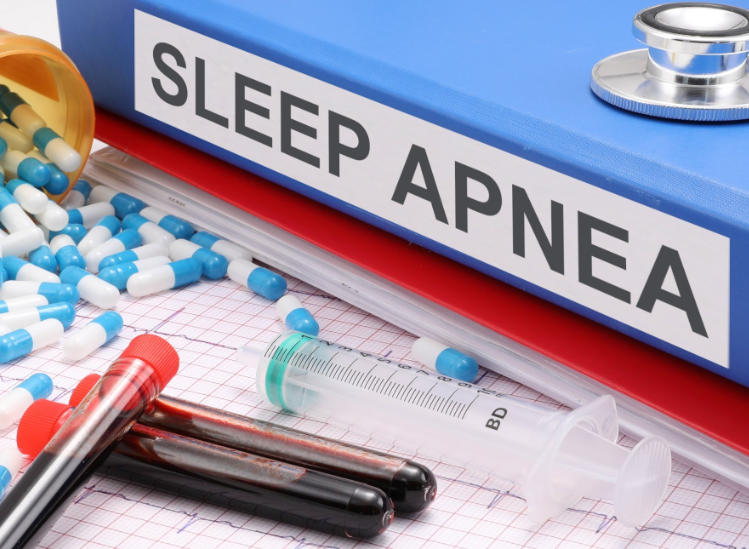

Sleep apnea is a medical condition that requires treatment before it turns severe and causes issues. But you might have many questions regarding it. For instance, is sleep apnea painful? How does it feel to have sleep apnea? Are sleep apnea snores painful? Are the treatments for sleep apnea painful? Let's help you find all the answers:
Sleep apnea is one of the sleep disorders that is related to breathing problems while you're sleeping. You suffer from sleep apnea while you're asleep, and it doesn't matter whether it is obstructive sleep apnea, central sleep apnea, or complex sleep apnea. So, it is painless.
However, you can feel irritation or pain in the throat after waking up in the morning. You could also have a dry mouth that feels very uncomfortable to wake up with. But these are the only problems.
Waking up with a morning headache is another of the symptoms of sleep apnea that people often complain about. This headache can be quite annoying, too, as it almost makes you want to feel asleep again. You feel disorder and have problems with concentration or focus.
The worst part is that even morning coffee won't help you out. There isn't any sure to get morning headaches except maybe, by taking pills. As your body's brain doesn't receive enough oxygen during sleep.
Excessive daytime sleepiness is the worst thing you will face. Poor sleep quality, restless sleep, and loud snoring are all related to sleep apnea. Even when you think you had a full night's sleep, and proper sleep, you will wake up feeling restless or tired, and that's because your brain wasn't resting, even when you were sleeping.
Daytime drowsiness is one of the worst things you can face.
As your blood oxygen levels drop, you will also face problems like high blood pressure and other issues that lead to grumpy mood swings. You are easily irritable, and your mood can change on a whim.
This is one of the worst parts of having any form of sleep apnea. You might think that you're just grumpy because of the lack of morning coffee, but that's not the case at all.
It doesn't matter if you have obstructive sleep apnea or central sleep apnea. You will find yourself often choking or gasping for air or waking up because your body forgot to breathe.
You might already be aware of this, and it is one of the worst possible feelings to suddenly wake up from a peaceful nap because you couldn't breathe. And it is not your fault at all. Sleep apnea has everything to do with breathing muscles, after all.
Now, let's help you find some other quick answers to frequently asked questions:
A sleep study in a sleep clinic is done by a sleep specialist to find the severity of the sleep apnea you have and the kind of sleep apnea you have. Family history, lifestyle, and medical conditions will also be considered for diagnosing sleep apnea.
Ab obstructive sleep apnea occurs primarily in obese individuals. Weight loss programs and lifestyle changes are common for all types: Obstructive sleep apnea requires continuous positive airway pressure therapy (CPAP therapy) or a CPAP machine. Central sleep apnea requires BiPAP, APAP, or Oxygen supplementation machine, and sometimes sleep medicines. The treatment-emergent condition often requires surgery or ventilators.
Obstructive sleep apnoea snores are loud and may vary, but it feels like something got stuck in your airway, and that's why you aren't able to breathe and you often wake up choking.
People with sleep apnea CSA often stop breathing because their breathing muscles or respiratory system doesn't respond. People with heart disease often have this condition, and as such, you will just wake up feeling that your body stopped breathing for a moment, for whatever reason.
Treatment emergent is a combination of obstructive and central sleep apnea. People will have trouble sleeping without equipment. As it is part of severe OSA or CSA, your specialist will have to help you with the surgical procedure.
And that's all you need to know about what sleep apnea feels like.
Leave a comment